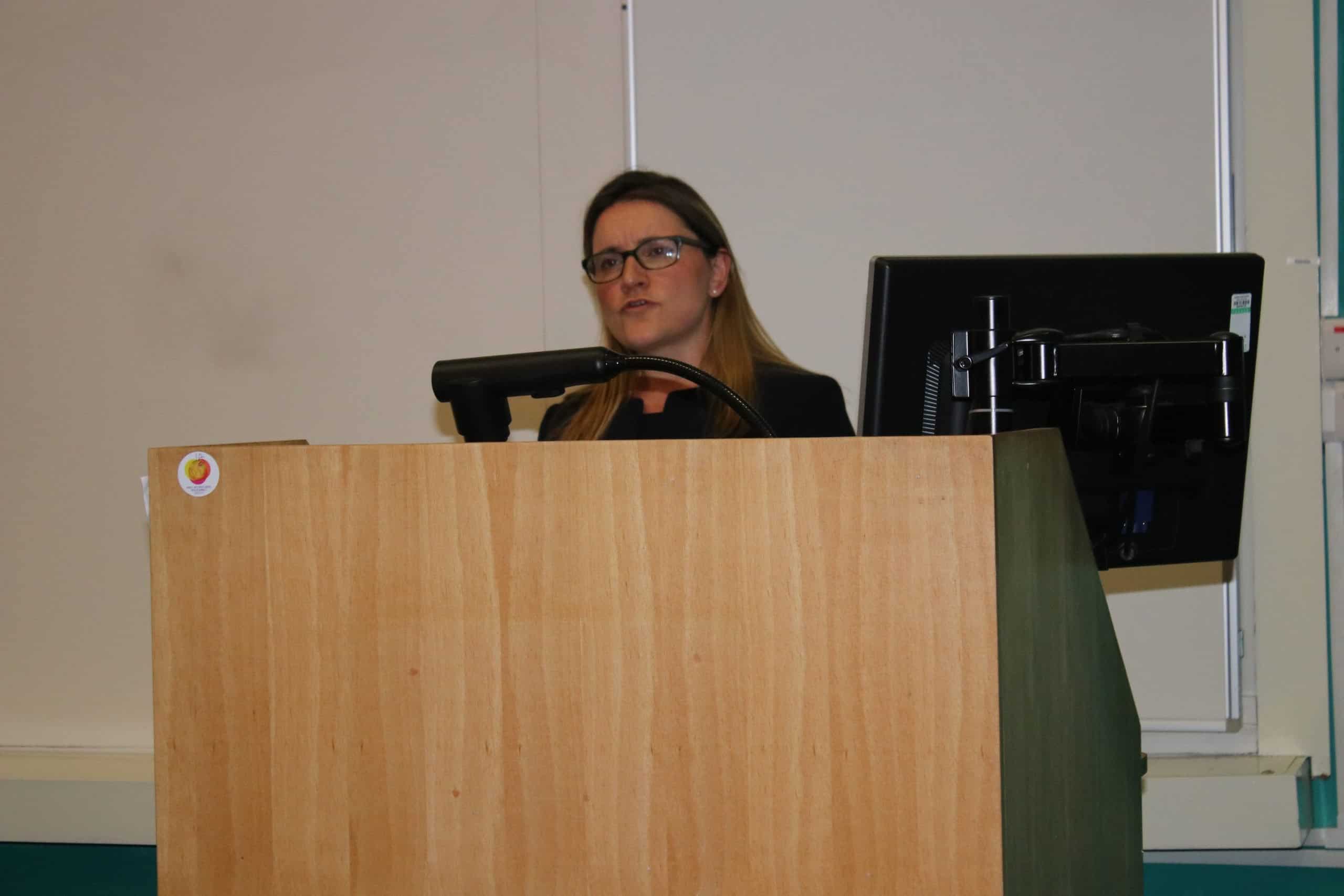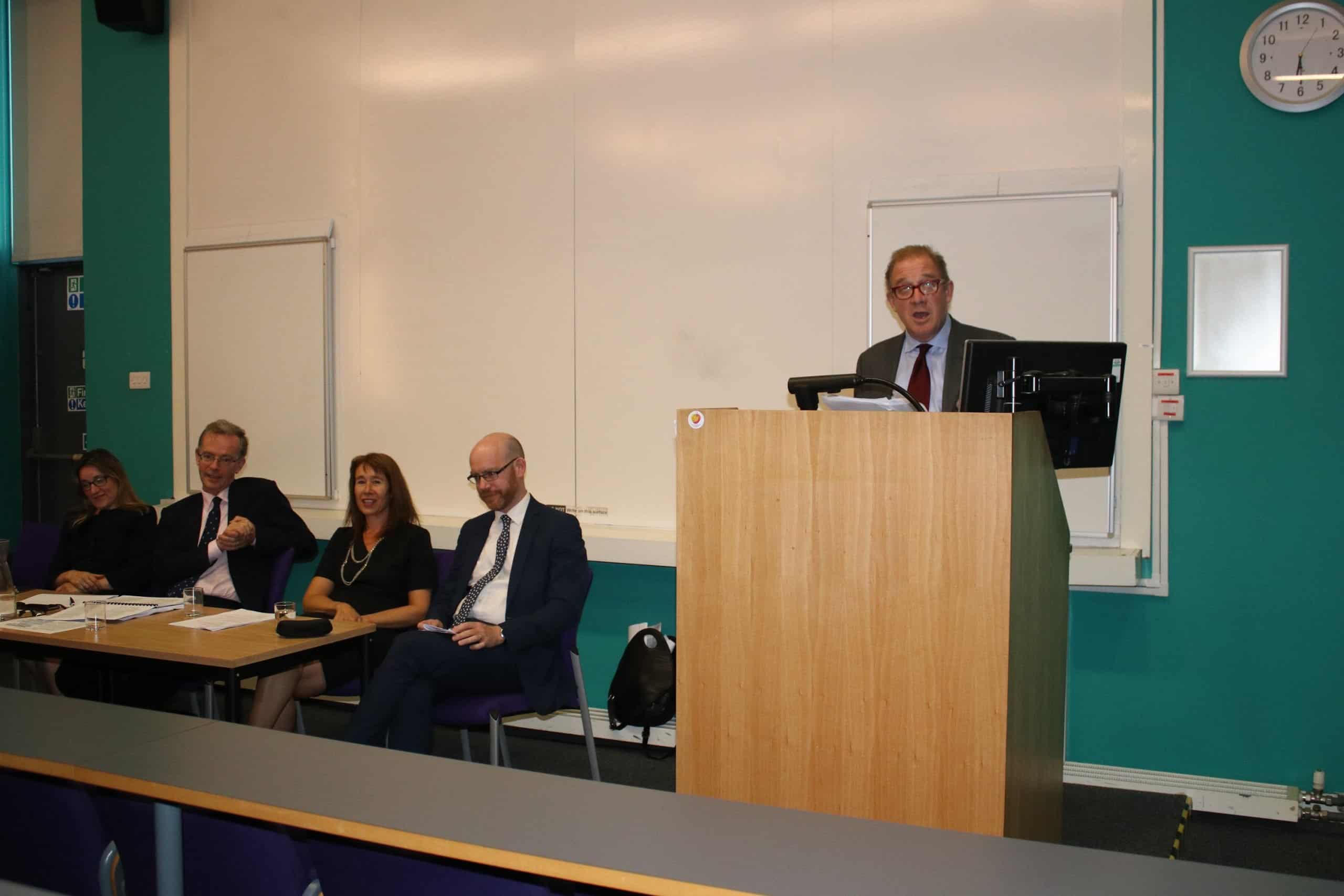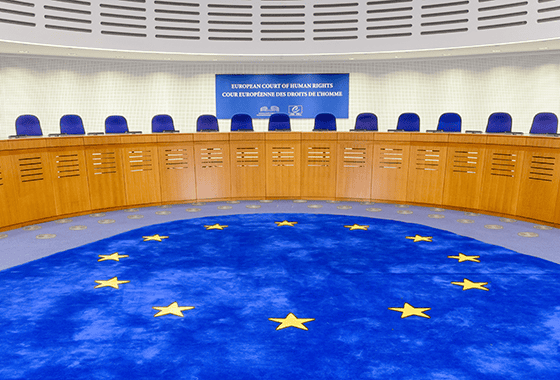
by Abigail Holt
On a sweltering evening when, thankfully, we were not competing with the World Cup, the European Circuit came to Manchester chaired by Hugh Mercer QC in order to discuss whether Brexit would bring legal practitioners more opportunities; more happy Mondays or whether we’d be wailing “heaven knows I’m miserable now” after Brexit.
Fergus Randolph QC (Brick Court Chambers) kicked off explaining where the Brexit process was up to in terms of the European Union (Withdrawal) Bill 2018 and the fault lines, if not chasm, running between it and the EU’s formal Article 50 negotiating position.
Sarah Crowther QC (Outer Temple Chambers) gave a concise explanation of Henry VIII powers, and the use to which they would be put by government as part of the Brexit process to enable ministers to amend or repeal primary legislation (which has already been agreed by Parliament) using secondary legislation which may not be subject to parliamentary scrutiny. Sarah emphasised the volume of legislation that was going to need to be filtered through government post-Brexit and noted that Henry VIII powers was a mechanism whereby government could have a massive “spring clean”. However, as was emphasised by questions from the audience, the potential danger was that sheer size of the task of the housekeeping exercise and which would mean that significant legal changes would be brought about without being properly scrutinised by Parliament.
Manchester barrister Abigail Holt talked about EU citizens’ rights. She explained that immigration law in relation to EU citizens’ rights had gone down a completely different track to domestic immigration law ever since the UK joined the European Community. She also noted that, whilst on the face of it, the proposed immediate changes and proposals for EU citizens already in the country during the transitional period did not appear to be too controversial, the proposed changes would double the work of the Home Office overnight and significant logistical problems had already been noted by the Home Affairs Select Committee in their report on delivering Brexit.
Alex Batesmith barrister and academic at Liverpool University spoke about the importance of instilling in the next generation of legal students and practitioners proper respect for evidence, experts and empiricism. He also said that the opinions of lawyers and the legal profession would be better taken into account if legal practitioners were perceived to be closer to the wider community rather than being seen as simply motivated by commercial considerations.
Hugh Mercer QC (Essex Court Chambers) spoke about the loss of rights which Brexit envisaged. He listed some of the most glaring potential losses, so that the question whether Brexit would be worthwhile and resulting in a potential net gain of legal rights effectively asked itself. The overall conclusion seemed to be that it was not t all clear what the final outcome would be from the perspective of legal rights and how what would come after exit day would compare with our current arrangements.
As to the issue of whether Brexit would provide opportunities for lawyers, Fergus Randolph perhaps best summed the situation up when he said that there “was gold in them there hills”. However, so far as he was concerned, it was tainted.




Credit photo: Abigail Holt. We are grateful to all speakers for allowing publication.
Posted by: Cécile Perrault




